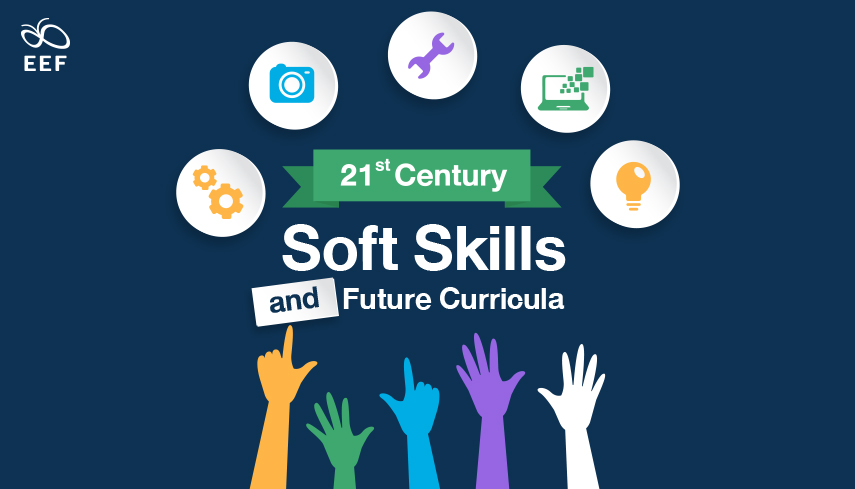
Education has always been conventional in that one’s accomplishment in it are determined by their ability to read and write as well as their mastery of the fundamental academic disciplines. However, as the 21st-century world is transitioning towards being increasingly technologically driven, facing a myriad of new competing challenges, it necessitates that learners adopt a fundamentally different mindset and skill set to effectively navigate societies and economies that are becoming increasingly complicated and globally integrated. Future curricula must thus accommodate such need, equipping learners with a global mindset and skill set needed for them to not only engage with technologies presented to them, but also think critically, communicate effectively, and collaborate diversely — all of which will in turn be essential for future employment.
And it was not until the advent of the 21st century that soft skills — a set of personality traits connected to one’s attitudes that characterize their interactions in social settings — are a deciding factor in employment decisions; They have proven to not only play a crucial role in enhancing an individual’s capacity and advancing their career, but also be beneficial to companies and, by extension, societies at large — and this is likely to be the case for the foreseeable future.
According to Whitmore (2012), currently, there are ten soft skills as follows: critical thinking, problem-solving, public speaking, professional writing, teamwork, digital literacy, leadership, work ethic, listening, and creativity. Collectively, in addition to complementing hard skills, they foster constructive workplace interactions and positive client relationships, strengthen corporate teamwork, and, more importantly, contribute to securing future employment as automation cannot take their place.
From the aforementioned, it is imperative that soft skills be incorporated into future curricula, either as co-curricular or extracurricular activities. However, when compared to hard skills, they are extremely challenging to assess and verify, which makes them difficult to teach. Nevertheless, according to Guinns (2005), this is still feasible if curricula shift from conventional to progressive, enabling learners to acquire these skills through learner-led tasks like group projects and class discussions.
As the era of certificates is steadily fading away and more emphasis is being placed on soft skills, which are highly sought-after in the professional world, educational institutions must come up with strategies to incorporate soft skills into their curricula to ensure that learners are prepared to succeed in their professional jobs.
Credit: https://www.researchgate.net/publication/360201803_Future_curriculum_and_21st_century_soft_skills/link/62681b228cb84a40ac8cba08/download

